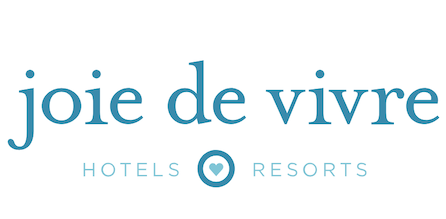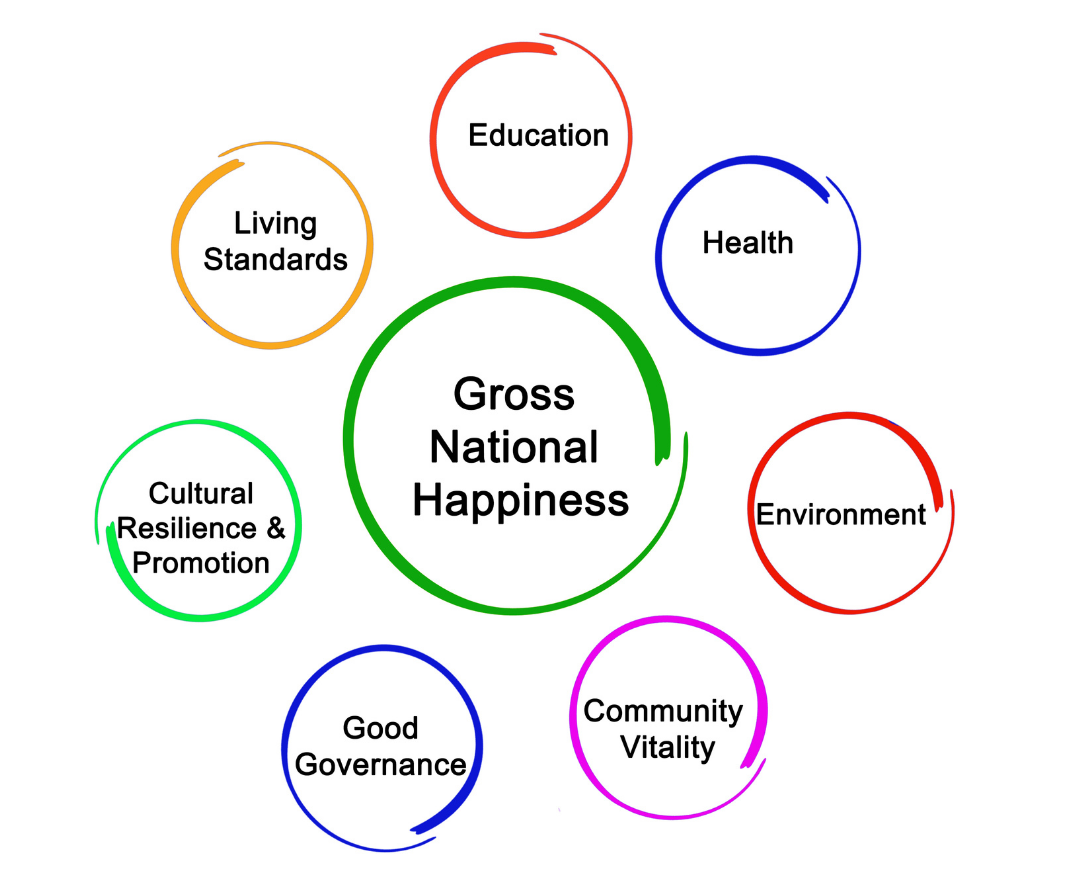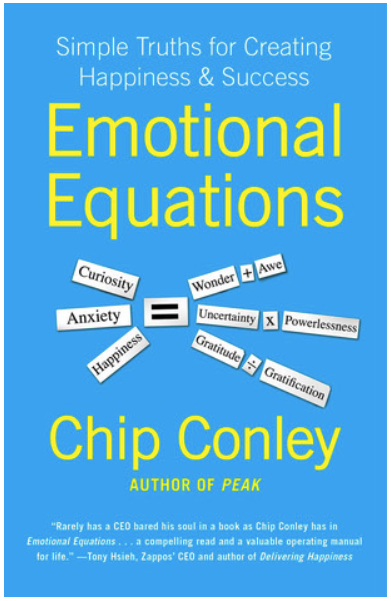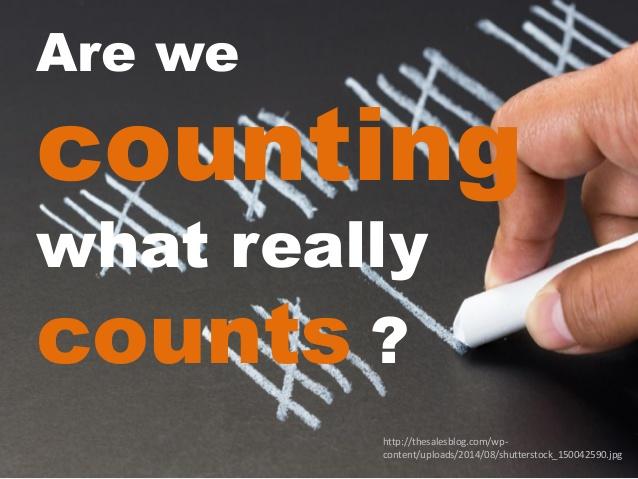By Manuel “Bobby” Orig, Director, ApoAgua
Summarized from Chip Conley’s insightful TED Talk, “Measuring What Makes Life Worthwhile,” February 2010

There is a relatively new standard for measuring success in life and in business — it is based on the power of intangibles.
A country shrouded in mystery for centuries inspired this new standard with an enlightened approach to measuring the intangibles of happiness as an indicator of its success as a nation. This measure is called Gross National Happiness.
Leadership in the 21st century is all about learning how to measure and value the intangibles in our lives since this is truly where value is created.
Finding Joy In One’s Job
Rebel hospitality entrepreneur and bestselling author Chip Conley is a leader in and at the forefront of the sharing economy. At age 26, he founded a hospitality company and transformed one inner-city motel into the second largest boutique hotel brand in America.
Conley’s hotels carry a French name, Joie de Vivre, which in English means joy of living. He loves to tell a story about how he was particularly struck by the work ethic of a Vietnamese girl named Vivian who is employed in one of his hotels. Vivian’s job is cleaning toilets. But she does an extraordinarily good job and exudes intense joy in cleaning toilets. Conley could not believe what he is seeing and asked himself, “How can one find so much joy in cleaning toilets?”


He started spending time with Vivian to find out what is fueling Vivian’s enthusiasm for her work. What Conley discovered was a revelation to him. Cleaning toilets was not actually the reason why Vivian finds so much joy in her job. Actually, it is the emotional connection she created with her fellow employees and the guests of the hotel. What gave her inspiration and meaning was the fact that her job allowed her to take care of people who were far away from home. Having immigrated from Vietnam, Vivian knew what it was like to be away from home.
Marrying Maslow’s Hierarchy Of Needs Pyramid With Conley’s Transformation Pyramid
That very human lesson with Vivian served Conley well in the wake of the dotcom crash and the 9/11 terrorist attacks in the US in 2001, where the Joie de Vivre hotel chain suffered the largest revenue drop in its history.
This was when Conley got reacquainted with the famous hierarchy of needs theory created by Abraham Maslow. Reading Maslow’s theory, Conley recognized something that is true of most leaders. One of the simplest facts in business is something we often neglect, and that is we are all human. Each of us, no matter what our role in business, has some hierarchy of needs in the workplace.
In the midst of the crisis, Conley realized that his role in life was to channel Maslow’s hierarchy of needs theory from the individual to the collective. He took the five-level hierarchy of needs pyramid for the individual and turned it into what he calls the Transformation Pyramid of survival, success, and transformation for the collective or organizations.

That we are all human is not just fundamental in life, it’s fundamental in business. And he started asking questions about how his organization was actually addressing the higher needs of his employees and customers. He realized they had no metrics. So Conley started asking: “What kind of metrics could we use to actually evaluate our employees’ sense of meaning and our customers’ sense of emotional connection with us.”
They started asking their employees: “Do they understand the mission of our company? Do they feel like they believe in it? Can they actually influence it? Do they feel that their work has an impact on it?
And they started asking their customers: “Do they feel an emotional connection with us in seven different ways.”
Conley was pleasantly surprised that as they sought answers to these questions and started giving attention to the higher intangible levels of the pyramid, they found that they created loyalty. Their customers’ loyalty skyrocketed. Their employee turnover dropped to one-third of the industry average. And during the five-year dot-com bust, their revenue and profit growth tripled.
This prompted Conley to study closely the factors that caused the upswing in his hotel’s performance. He found out that it is their paying close attention to the intangibles that is influencing these results.
Conley likes to cite the case of MasterCard that built a 15-year advertising campaign around the idea that the best things in life are “priceless.” He gave the ad executives due credit for getting this campaign right. Today, we live in an era when what’s truly valuable is the intangible.

A quarter century ago, 80 percent of the cost of the value of a computer was in the tangible hardware. Today, in a time when “knowledge workers” predominate, the opposite is true – 80 percent of the value of a personal computer is in the software, an intangible.
Look at Apple, the most admired company today in America (according to a Fortune magazine survey), and analysts tell us that 80 percent of Apple’s value appears off its balance sheet in intangibles that our 20th century version of leadership can’t even fathom or calculate.
Conley went to Stanford Business School in the early 1980’s and was taught to manage what he could measure. He asserts that it’s time for us to reconsider what we count.
As a founder and CEO of a company for two dozen years, Conley knows how to count profitability and cash flow. These are the lifeblood of any business, especially in hard economic times.
But here’s the reality that most CEOs aren’t talking about: Profitability is a lagging indicator of success, at least in the long term.
Three Harvard Business School professors three decades ago proved that a “service profit chain” exists such that:
- a great corporate culture (an intangible) creates employee engagement (an intangible) that leads to customer loyalty (an intangible) that ultimately creates a profitable and sustainable business (a tangible).
How Do We Measure The Intangibles?
As leaders, we understand that intangibles are important but we don’t have a clue how to measure them. Especially in the light of Albert Einstein’s assertion, “Not everything that can be counted counts, and not everything that counts can be counted.”
This prompted Conley to ask “If that which is most valuable in our life and our business actually can’t be counted or valued, aren’t we going to spend our lives just mired in measuring the mundane?
It was a question of what counts in life and business that led Conley to take his CEO hat off for a week and fly off to the Himalayan peaks, to the Kingdom of Bhutan. This place was shrouded in mystery for centuries. But the country has moved from the survival base of the pyramid to becoming a transformational role model for the world.

The King of Bhutan was a teenager when he became king. He ascended the throne in 1972 at age 17 when his father passed away. On a trip to India early in his reign as king, he was asked by an Indian journalist about the size of the Bhutanese Gross Domestic Product (GDP). The king responded, “Why are we so obsessed with Gross Domestic Product? Why don’t we care more about Gross National Happiness?” In essence, the king was asking that we consider an alternative definition of success which has come to be known as GNH or gross national happiness. Conley saw this as a historic moment because this was the first time in almost 200 years that a world leader suggested that we measure the intangibles of happiness as an indicator of progress.
For the next three dozen years as king, this king actually started measuring and managing around happiness in Bhutan — including, just recently, taking his country from being an absolute monarchy to a constitutional monarchy with no bloodshed, no coup. Bhutan is the newest democracy in the world.



Wanting to know more, Conley spent time with the leaders of the GNH movement in Bhutan and really came to understand what they were doing. He asked the prime minister of Bhutan “How can you create and measure happiness which evaporates?” The prime minister who is a very wise man responded, “Bhutan’s goal is not to create happiness. We create the conditions for happiness to occur. In other words, we create a habitat for happiness.” He said they have a science behind the art and they have actually created four pillars, nine key indicators, and 72 different metrics that help them measure their GNH.
One of these indicators is “How do the Bhutanese feel about how they spend their time each day?” Conley found this a very good question. “How do you feel about how you spend your time each day?” Time is one of the scarcest resources in the modern world. And yet this intangible piece of data doesn’t factor in our GDP calculations.
Former U.S. presidential candidate Robert Kennedy decried that “The Gross National Product measures everything except that which makes life worthwhile.”
What’s true for a nation is also true for a company. Conley’s boutique hotels makes a practice of counting intangibles in evaluating how the business is progressing. He recently sold a majority share in his company to a well-regarded player in the hospitality business which made the investment because of his hotel’s strong achievements in intangibles.
Conley understands that a company is a magnet for people – whether they be employee, customers, or investors – and that a reputation lasts a lifetime and a company’s reputation can last more than a human lifetime.
Admired firms such as Apple, Southwest Airlines and Google have created the kind of intangible-driven companies that are helping to transform the world.
At the end of the day, it’s all about human needs. The best business executives in the world are those who truly understand the psychology and the nature of that complex beast that’s at the heart of all business transactions: you and me.
The Emotional Equation
As Conley spent his time in the Himalayas, he started to imagine what he calls an emotional equation. It focuses on his readings of Hyman Judah Schachtel who wrote “The Real Enjoyment of Living.” Schachtel suggested that happiness is not about having what you want. Instead, it is about wanting what you have.
Conley figures that the Gross National Happiness of the Bhutanese can be equated with Schachtel theory of happiness and offers that this equation articulates what it means: happiness equals wanting what you have – imagine gratitude – divided by what you want or gratification.

The Bhutanese are not on some aspirational treadmill, constantly focusing on what they don’t have. Their religion, their isolation, their deep respect for their culture and now the principles of their CNH movement all have fostered a sense of gratitude about what they do have.
The oft-quoted phrase “If the only tool we have is a hammer, everything starts to look like a nail,” is also attributed to Abraham Maslow. Conley posits that we’ve been fooled by our tool. GDP has been our hammer. And our nail has been a 19th-and-20th century industrial era model of success. Yet 64 percent of the world’s GDP today is in the intangible industry we call service, and only 36 percent is in the tangible industries of manufacturing and agriculture. So it’s time that we get a bigger toolbox. It’s time that we get a toolbox that doesn’t just count what’s easily counted – the tangible in life or the first two levels of Maslow’s hierarchy of needs (physiological and safety), but also count what we most value -the things that are intangible in life (belonging, esteem, self-actualization).
Viewing Things From The Perspective Of Calling
Conley realized that economists measure everything in tangible units of production and consumption as if each of these tangible units is exactly the same. They are not the same. He maintains that as leaders what we need to learn is that we can influence the quality of that unit of productivity by creating the conditions for employees to live their calling. In Vivian’s case, her unit of production is not the tangible hours she works but the intangible difference she makes during her hours of work. Her work is her calling.

Conley maintains that an organization’s goal should be to move people up the levels so that everyone is working on their “calling,” motivated intrinsically by achieving greater meaning. Organizations which only offer money and recognition to barter with employees’ performance, will find those external motivators unsustainable and ineffective.
Bobby’s notes
Following Conley’s line of thinking, we can see that:
- If employees view their work as a job, it means their need is for a source of livelihood which can be satisfied mainly by tangible things, i.e. pay and benefits.
- If employees view their work as a career, it means their need is for an occupation to achieve progress which can be satisfied mainly by a combination of tangible, i.e. pay and benefits, and intangible things, i.e. recognition, challenging work.
- If employees view their work as a calling, it means their need is to do that which will allow them to serve a purpose larger than themselves. And this is satisfied mainly by creating the intangible conditions that allow them to find meaning and purpose in their work.
Teams populated mostly by people who view their work as a calling, are invariably the ones that can contribute more to raising the company’s products and services to levels of excellence, and contribute more to its profitability and growth.
Conclusion

Conley asks: “Why is it that business leaders and investors quite often do not see the connection between creating the intangible of employee happiness with creating the tangible financial profits of their business?” He believes that we don’t have to choose between inspired employees and sizable profits, we can have both. In fact, quite often it is the inspired employees that make the sizable profits.
So what the world needs now in Conley’s opinion, is business leaders and political leaders who know what to count. We count numbers. We count on people. What really count is when we actually use our numbers to truly take into account our people. Conley learned the power of harnessing the intangibles to drive performance on the tangibles from an employee of his hotel whose job is cleaning toilets and from the king of a country.
What can you start counting today? What one thing can you start counting today that actually would be meaningful in your life, whether it’s your work life or business life?
Leadership in the 21st century is all about learning how to measure and value the intangibles in our lives since this is truly where value is created. Are you focused on the intangible inputs in your life or company, or are you purely focused on the tangible outputs?
Watch Chip Conley’s TED Talk “Measuring What Makes Life Worthwhile” below:
Did you enjoy this article? What topics on leadership do you want discussed next?

